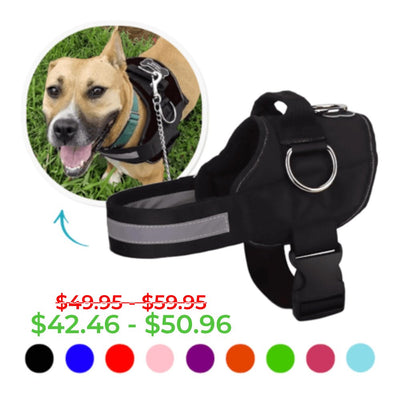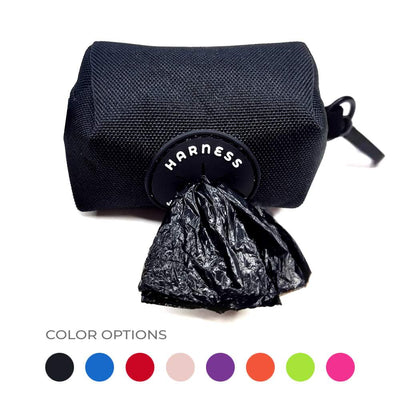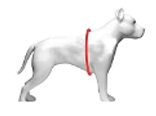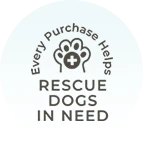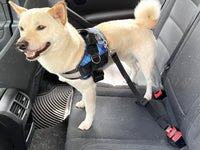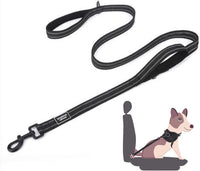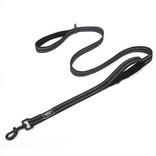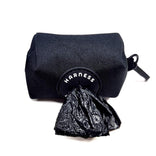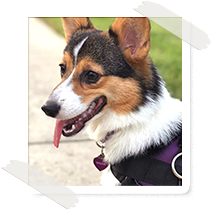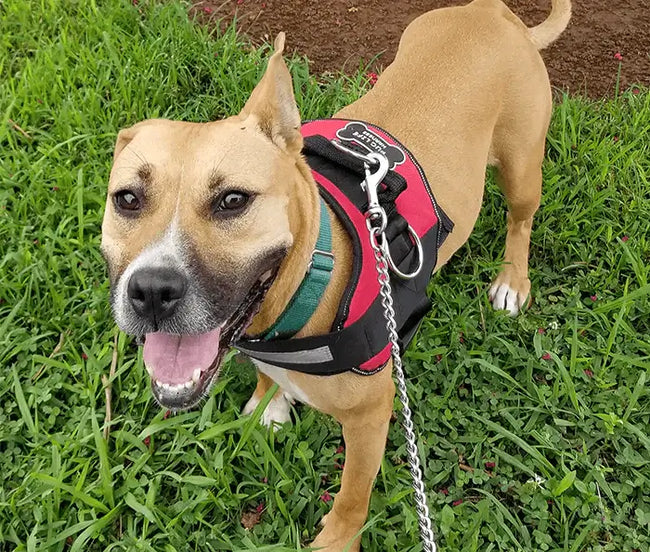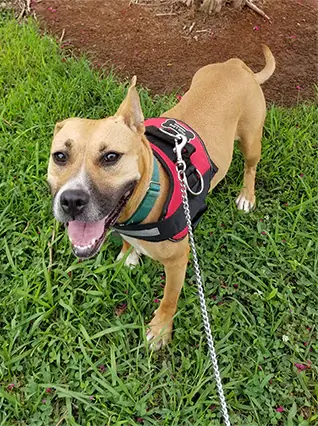Can Dogs Tell When You’re Lying?

We all feel like our dogs are smarter than “just animals.” Some check on us if we’re feeling sad while others cleverly sneak into food bins. A few even look extra guilty when caught chewing on a favorite shoe.
Aside from their smarts, it’s this human-ness that is so special about them. Many of us feel like they can really understand what we’re saying or thinking.
As it turns out, they may understand just a little more than anyone expected.
Social Cues for Social Critters
Dogs, like people, are social creatures. We look to each other to learn how to act in groups and live in society.
From the ages of three to six months old, (human) babies watch the faces of those around them and begin to understand emotions. As they grow, they learn more from what they see. They will learn how to act in a group of friends, strangers, and eventually coworkers.
For puppies, all we really need to do is watch a litter playing to see how important it is for them to socialize. In the wild, wolves would learn to hunt from their parents, and at home a mom dog will teach her pup how to behave.
People and dogs have been living alongside each other for over 30,000 years. And in that time, the social circle of both our pooch companions and us have overlapped. And it only makes sense! After all, we relied on each other in the past and still do now.
This close knit history means we know how to read dogs, from their wagging tails to tilted head, and it turns out they know how to read us.
What’s in a Lie?
We’ve all done it. Told someone they looked good when we knew otherwise. Said we never saw that text. Pretended to throw a ball while really hiding it behind our backs.
While honesty is a virtue, it seems we’re not completely put off by lies. Lying not to hurt someone’s feelings, a little white lie here and there.
Dogs, however, don’t seem all that impressed by lying.
The study took place at the Kyoto University in Japan. Researchers showed 34 dogs two closed containers each. One of these containers was full. The other was empty.
For the first round, a human they didn’t know would point to the container with the treats. The dog would approach and a snack-filled bowl would be revealed.
In the second round, the human then pointed to the empty container. The dog would approach, and the lid would be lifted to reveal nothing. The dogs, understandably, weren’t thrilled.
In the final round, the human then once more pointed to the treat-filled jar. However this time the dogs were wary and didn’t trust the directions.
To test the study again, researchers tried the experiment once more with the same dogs and different humans. Only this time during the first round when the new person pointed at the treat container, the dogs trusted them. They hadn’t done anything distrustful… yet…
Then another almost identical study happened at the University of Vienna, only with more dogs and one other big difference. In the second round, the person would either stay or leave while another person moved the treats from the first container to the second.
The dog was able to see this change happening and also whether the first human saw the change or not. Then the dog would decide whether to trust the instruction when pointed toward the wrong bowl.
The results were that more dogs followed direction from a person who hadn’t seen the treat switch than those who saw it happen along with the dog. In other words, when the dogs saw a person was blatantly lying they were less likely to trust them.
It shows that dogs have a surprisingly high level of social intelligence. Once that outranks even their wild wolf ancestors.
Other studies using wolves showed that they just didn’t care. A person could point at anything as an instruction and the wolf would ignore them completely.
The Importance of Being Honest… With Your Pup
Other than just being really interesting, the study shows how much trust our pooches put in us. And how that trust can also be taken away.
It’s also valuable in how we approach our beloved pups. Knowing there is a bond of trust can impact how we interact, train, and live with our canine companions.
It may also make us think twice about the next time we think about not really throwing that ball.
This is just a sampling of tips and informational posts we offer at Joyride Harness. You can find more content including tips and tricks and how-tos for caring for your dog on our blog in this section.


